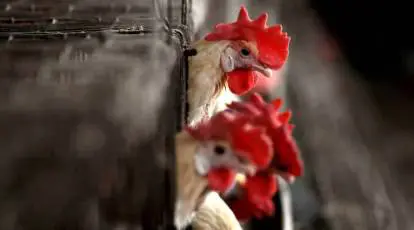ArdorComm Media News Network
August 14, 2025
Researchers at the Indian Institute of Science (IISc) have raised concerns that the currently circulating H5N1 bird flu strain could be evolving to pose a greater risk to humans. The team, led by Kesavardhana Sannula from the Department of Biochemistry, found that the 2.3.4.4b clade of H5N1 carries genetic mutations similar to those seen in past pandemic influenza strains, enhancing its ability to adapt to human hosts.
The study revealed that viruses capable of infecting foxes may have a higher human adaptation potential than those infecting cattle — a surprising finding. H5N1, first detected in birds about 30 years ago, has since caused sporadic human infections and widespread fatalities in birds and mammals, making it a panzootic concern.
Using computational analysis of thousands of protein sequences from birds, mammals, and human influenza viruses, the researchers identified mutations concentrated in the viral polymerase complex (PA, PB2), nucleoproteins, and haemagglutinin (HA) proteins — key elements that could aid the virus in crossing the species barrier. The findings underscore the need for heightened surveillance and preparedness to mitigate potential outbreaks.
Source: Indian Express


